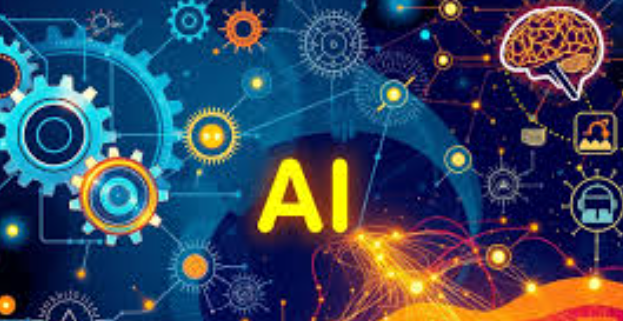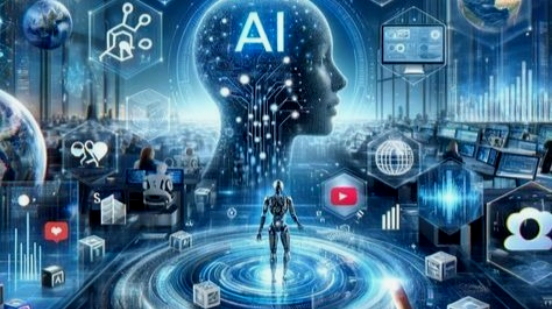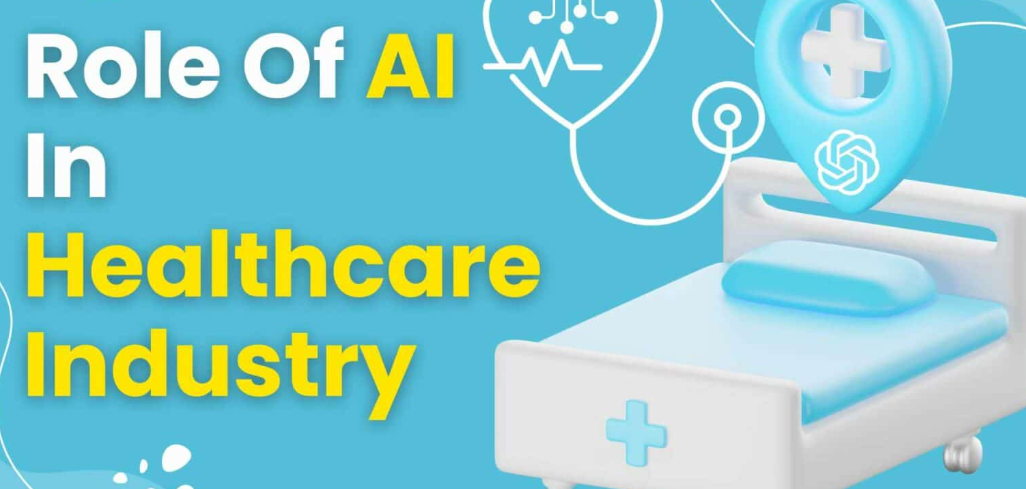Artificial Intelligence (AI) is transforming the healthcare industry in exciting ways. From detecting diseases early to helping doctors make better decisions, AI is making healthcare smarter, faster, and more efficient. This guide is designed to help beginners understand what AI is and how it’s being used in healthcare.
What is AI in Healthcare?
AI in healthcare refers to the use of computer systems that can perform tasks typically requiring human intelligence. These tasks include understanding language, recognizing images, analyzing data, and even learning from experience. In healthcare, AI helps doctors, nurses, and researchers improve the way patients are diagnosed, treated, and cared for.
Why is AI Important in Healthcare?
AI can process large amounts of information quickly and find patterns that humans might miss. This helps in making more accurate diagnoses, predicting future health risks, and improving patient care. It also reduces the workload on healthcare workers and speeds up many medical processes.
Examples of AI in Healthcare
- Medical Imaging
AI can analyze X-rays, MRIs, and other scans to detect diseases like cancer, fractures, and infections early and accurately. - Virtual Health Assistants
Chatbots and virtual assistants powered by AI can answer health questions, schedule appointments, and remind patients to take their medications. - Remote Patient Monitoring
AI uses data from wearable devices to track a patient’s heart rate, blood pressure, or glucose levels, alerting doctors if something goes wrong. - Drug Discovery
AI helps scientists discover new medicines faster by analyzing thousands of drug combinations and predicting how they will work. - Predicting Diseases
AI can look at patient data to predict the risk of conditions like heart disease or diabetes before symptoms even appear.
Benefits of AI in Healthcare
- Faster Diagnoses: AI can quickly review and analyze data to help doctors diagnose conditions faster.
- Better Accuracy: It reduces the chances of human error.
- Personalized Care: AI can suggest treatments based on an individual’s unique health data.
- Lower Costs: Automating tasks and improving efficiency can reduce healthcare expenses.
Challenges and Things to Consider
- Privacy Concerns: Protecting patient data is very important.
- Bias in Data: If AI is trained on biased data, it can give unfair results.
- Lack of Human Touch: AI can assist doctors, but it can’t replace the empathy and understanding of a human caregiver.
How to Get Started
- Learn the Basics: Start by understanding what AI is and how it works.
- Follow Healthcare Trends: Read blogs, articles, or attend webinars about AI in medicine.
- Explore AI Tools: Try out simple health apps or wearables that use AI for tracking fitness or symptoms.
- Talk to Professionals: If you’re a student or working in healthcare, connect with AI experts to learn how it’s being used in real situations.
Conclusion
AI is making healthcare more intelligent and responsive. Even if you’re just getting started, learning about how AI works and how it’s used in medicine can open the door to exciting opportunities. As technology continues to grow, so will the role of AI in creating a healthier future.







Leave feedback about this